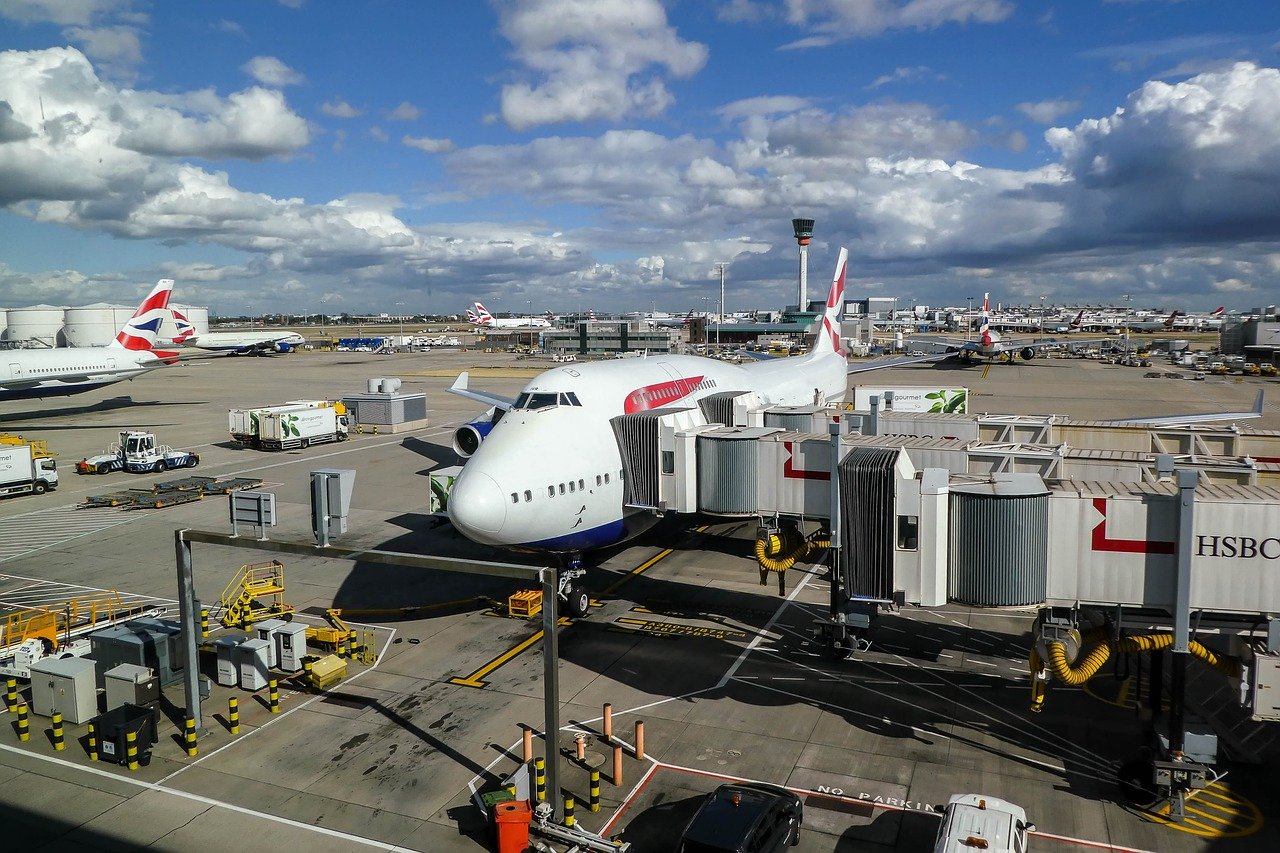London Heathrow is the second highest-emitting airport in the world, with its passengers contributing as much to climate change as four coal-fired power plants, new research shows.
The UK capital’s six airports make it the most polluting city by aviation emissions, responsible for 23.5 million tonnes of carbon dioxide in 2019, the report found.
Heathrow accounts for more than two thirds of the city’s aviation emissions and is second only to Dubai International globally, despite efforts to paint the west London airport as environmentally-friendly.
The authors of the report, by Transport & Environment, ODI and the International Council on Clean Transportation, said they hoped its findings would support challenges to airport expansion and force a “focus on the infrastructure that enables air travel and leads to more CO2 emissions in future decades”.
The news comes weeks after the government refused to review its policy on expanding Heathrow, despite recommendations from the Climate Change Committee, its expert advisory body, to place a moratorium on UK airport expansion.
‘Opaque’ Industry Reporting
The finding was made as part of a new interactive “Airport Tracker” tool that displays the emissions of 1,300 airports worldwide, billed as the first attempt to map out the full climate impact of the aviation sector, using data from some 35 million flights.
The map highlights the regional inequalities in aviation emissions, with Europe, North America and the Asia-Pacific region making up the vast majority of emissions, with 86 of the 100 most polluting airports found in the Global North.
The accompanying report also cites research suggesting less than 1 percent of the global population is likely to be responsible for over half of all aviation-related CO2 emissions.
Ipek Gencsu, a research fellow in climate and sustainability at international development thinktank ODI and co-author of the report, said:
“The Airport Tracker uncovers how a small number of airports are responsible for a disproportionate climate impact, and challenges the industry’s opaque reporting.”
Though the UK became the first major economy to include international aviation in its carbon emissions targets earlier this year, the report argues that the impact of air travel cannot be understood solely in these terms.
It highlights the importance of not only carbon dioxide emissions, but also “non-CO2 warming effects” caused by other greenhouse gases produced by flying, as well as the insulating effect of contrails.
Like greenhouse gases, the thin clouds created by aircraft stop significant amounts of radiation from leaving the atmosphere.
According to the report the global aviation sector was responsible for 2.5 percent of global CO2 emissions in 2018, with total emissions increasing by 5 percent annually in the five years before that.
But it said non-CO2 emissions generate additional warming effects that “effectively triple the sector’s contribution to climate change, meaning its combined impact is responsible for 3.5 percent of global heating”.
Unpriced Emissions
Matt Finch, UK policy manager at Transport and Environment, told DeSmog both airports and governments were to blame for a failure to tackle the sector’s emissions.
“Governments across the world are failing to take responsibility for the majority of aviation’s emissions, including in the UK. Unlike cars or power plants, most of the sector’s emissions are not priced,” he said.
“Major transport hubs like Heathrow are the enablers of this, and yet they want to expand and allow yet more carbon-intensive flights. The Climate Change Committee’s call for a moratorium on airport expansion should be adopted as quickly as possible.”
Heathrow’s expansion plans were temporarily ruled out in 2020 when the court of appeal found that plans for a third runway were “unlawful” because the Paris Agreement targets had not been fully considered, the Supreme Court overturned the decision at the end of the year, and the project is once again progressing.
The reduced demand for commercial flights in the pandemic prompted Sir Howard Davies, chair of the Airports Commission that originally recommended the airport expansion, to suggest it was not currently necessary.
Despite this, the government refused to reconsider the third runway earlier this month.
In a statement, The Department for Transport said it was “not appropriate” to review the plan on the “basis of climate change or carbon policy”.
Responding to this latest report, Paul Beckford from the No Third Runway Coalition, said the expansion would be incompatible with efforts to meet the Paris Agreement targets.
“Heathrow is already the single biggest polluter in the UK and now we learn that they are the second largest emitter of carbon from air passenger transport in the world.”
“Heathrow expansion has never been compatible with the reality of the climate emergency and it is clear that their expansion ambitions would make them the global leader in pollution,” he added.
‘Carbon is the Enemy, Not Flying’
A spokesperson for Heathrow argued that “carbon is the enemy and not flying” and pointed to sustainable aviation fuel (SAF), whose potential campaigners have claimed is exaggerated, as a solution to the industry’s climate impacts.
“Scaling up the supply and use of Sustainable Aviation Fuels, as well as modernising airspace, putting in place robust carbon removals to offset emissions and encouraging airlines to operate more fuel-efficient fleets, will help achieve net zero targets while protecting the benefits of flying.”
“Ministers need to take action on SAF urgently to decouple passenger growth from carbon emissions and provide a much needed boost to a new green industry for the UK, as we kickstart the country’s economic recovery,” they said.
Subscribe to our newsletter
Stay up to date with DeSmog news and alerts







